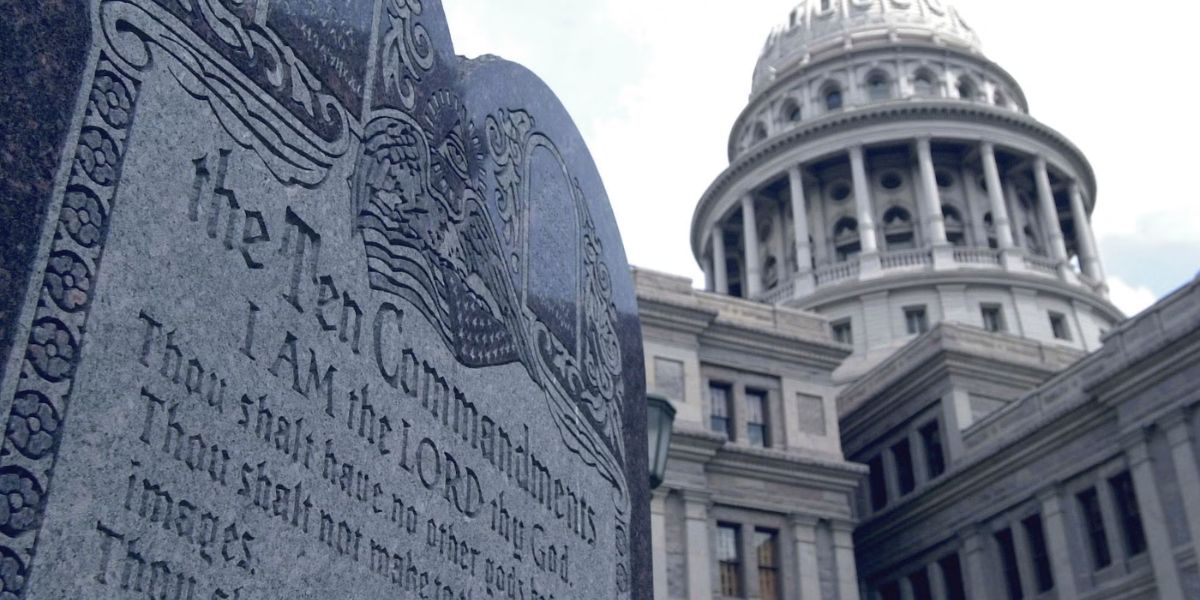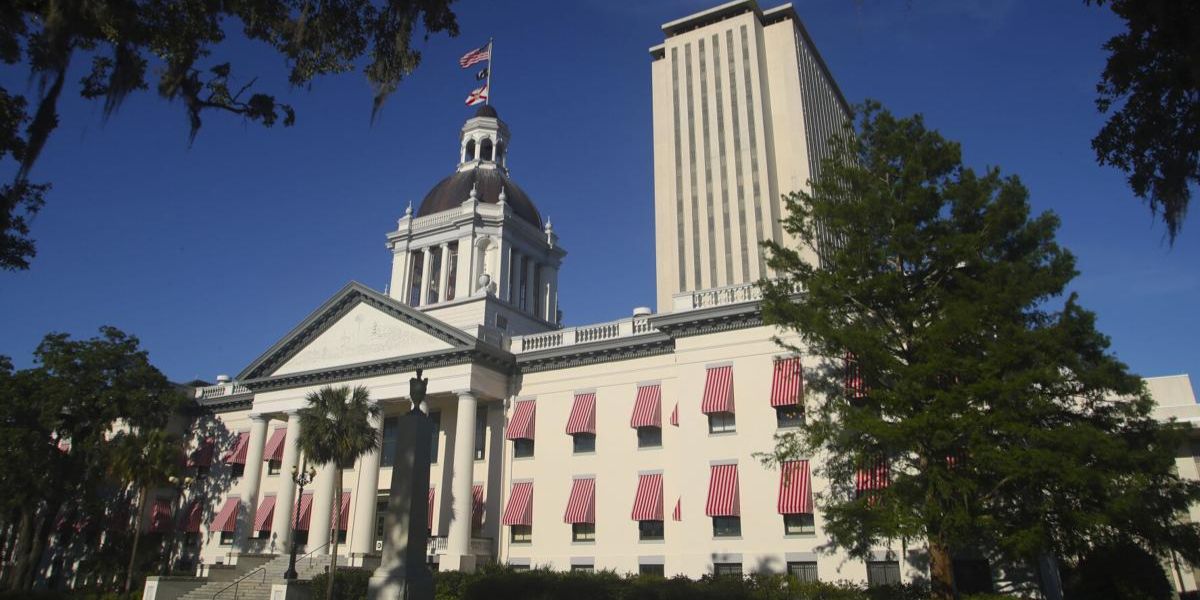After overcoming a significant legislative obstacle on Sunday, a bill that would mandate that the Ten Commandments be displayed in every Texas public school classroom is now closer to being approved by Governor Greg Abbott.
After a week of debate and delay, the state House of Representatives passed a version of the Ten Commandments bill 82-46. Democratic lawmakers tried to introduce amendments that would allow the Ten Commandments to be in different languages and allow individual school districts to opt in.
The bill must now go back to the Senate for approval after the House passed it on Sunday with an amendment that requires the state, not school districts, to defend any legal challenges to the law.
After previously assuming that the bill would go straight to the governor after passing the House, supporters of the law welcomed the victory.
The Republican governor is anticipated to sign it into law if it reaches his desk, though Abbott’s administration did not immediately comment on its passing. A prior version of the law was approved by the state Senate in March by a party-line vote of 20-11.
After similar legislation failed in 2023 due to time restrictions, Lt. Gov. Dan Patrick had stated that one of his goals for the current session, which ends next month, was the success of the law, known as SB 10.
“By placing the Ten Commandments in our public school classrooms, we ensure our students receive the same foundational moral compass as our state and country’s forefathers,” Patrick stated.
However, Texas’ Ten Commandments Act is sure to encounter constitutional challenges, similar to those in Louisiana, where a coalition of parents with varying religious views swiftly challenged a GOP-drafted bill signed by Governor Jeff Landry last year.
“Display in a conspicuous place in each classroom of the school a durable poster or framed copy of the Ten Commandments,” according to Texas’ law, would be required of all public elementary and secondary schools.
The bill’s Ten Commandments wording would have to be shown on screens that are at least 16 inches wide and 20 inches tall.
After the bill is enacted into law, beginning with the 2025–2026 academic year, schools “must accept any offer of privately donated” displays or may use district funds.
There is no way to police the law, and it is unclear what would happen to schools or individual teachers who disobey it. Additionally, the bill itself “does not expressly create a criminal offense,” according to an examination by a state House committee.
The bill’s principal author, State Senator Phil King, had stated that “the Ten Commandments are part of our Texas and American story” when he introduced the proposal.
However, during an earlier vote last week, state Representative James Talarico, a Democrat and Christian, opposed the bill, arguing that displaying such religious text could make non-Christian children feel excluded.
“Forcing our religion down their throats is not love,” Talarico stated.
The U.S. Supreme Court, which declared in 1980 that classroom displays of the Ten Commandments were unconstitutional, may someday hear arguments concerning statutes requiring the Ten Commandments in public schools again, as Louisiana and most recently Arkansas have done.
While officials await a federal appeals court decision over the constitutionality of the law, Louisiana has not yet completely implemented it.
A lower court judge came to the conclusion in November that the state had failed to provide “any constitutional way to display the Ten Commandments.”
Read Also: Trump Set to Address West Point Graduates at Commencement Ceremony
Another religion-based law was approved by Texas House members on Friday, allowing school districts to implement policies that allowed prayer and the reading of the Bible or “other religious text” with parental permission. Additionally, Abbott is anticipated to sign it into law.
The wave of conservative-leaning legislation in Texas and other states is part of a larger “coordinated strategy” to incorporate the Bible into public school instruction, according to Emily Witt, a spokeswoman for the Texas Freedom Network, a grassroots organization that supports religious freedom.
“The message this sends to kids is that they’re being told their religion doesn’t matter and isn’t as important as this one,” Witt stated. “We worry that leads to bullying and otherism — all things in public schools that we try to prevent.”



